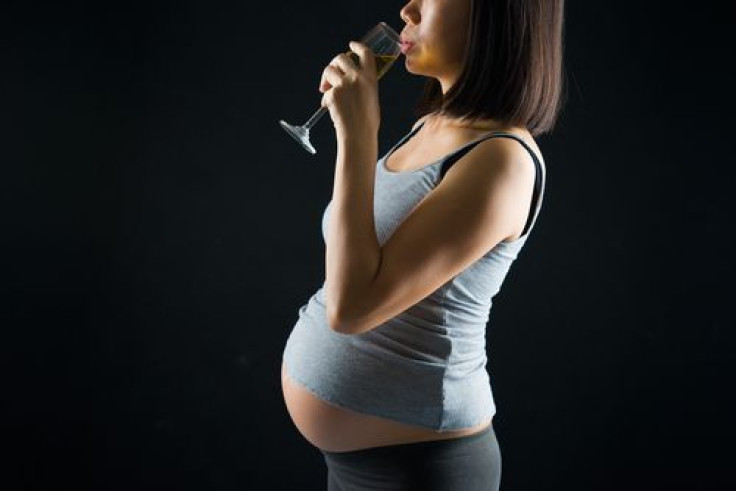Premature Births More Common Among Mothers Who Drank Lightly Early In Pregnancy

Though most abstain from alcohol during pregnancy, many women continue to drink regularly before and after conception — effectively dowsing their babies with booze early in the first trimester.
A survey of British women by the United Kingdom’s Health Department found that middle-class women are most likely to flout government health recommendations to either abstain or drink no more than one or two drinks per week.
"Our results highlight the need for endorsing the abstinence-only message, and further illuminate how timing of exposure is important in the association of alcohol with birth outcomes, with the first trimester being the most vulnerable period," Yvonne Kelly, a professor of epidemiology and public health at University College London, said in a statement.
The researchers surveyed more than 1,200 pregnant women in the city of Leeds who were at low risk of birth complications, asking them about their drinking habits during each trimester of pregnancy. Slightly more than half reported downing more than the two-drink maximum recommended by scientists, with four in 10 reporting consumption of 10 or more alcoholic drinks per week in the leadup to conception.
Overall, alcohol consumption fell after the first trimester, as women grew into their pregnancies. Women in the study began their first trimesters drinking 11 standard units of alcohol per week, which fell to four drinks and then just under two during the second and third trimesters, respectively.
Not surprisingly, older educated white women with higher socioeconomic status drank the most, supporting previous study showing a greater propensity for drink among the more affluent. Of babies born to the women in the study, 13 percent were underweight while 4.4 percent were a bit on the small side. Four-point-three percent were born prematurely. All of those adverse outcomes were strongly linked to alcohol consumption among the pregnant mothers.
Conversely, Yvonne and her colleagues found no behavioral or cognitive problems among 5-year-olds born to mothers in the cohort study, but did find a higher incidence among even mothers who’d drank lightly, adhering to the government’s two-drink per week maximum. Early in pregnancy, even small doses of alcohol increase the risk for premature birth and other complications. The Centers for Disease Control and Prevention says such birth complications are completely preventable: if a woman abstains from alcohol during pregnancy.
Source: Kelly, YJ, Sacker A, Gray R, et al. Light drinking during pregnancy: still no increased risk for socioemotional difficulties or cognitive deficits at 5 years of age? Journal of Epidemiology and Community Health. 2014.



























